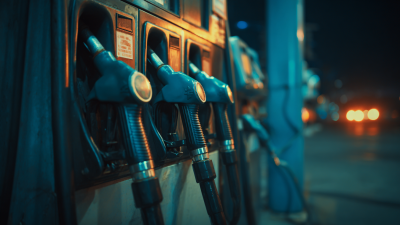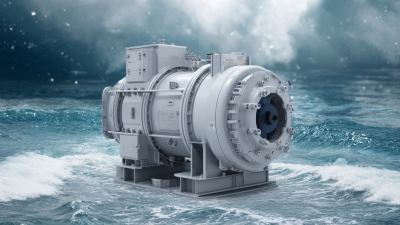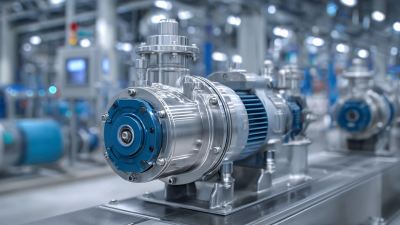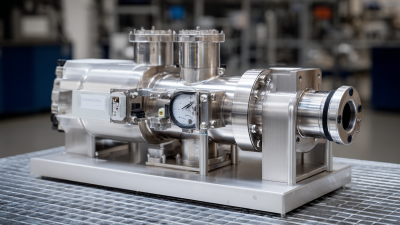Sealless Pumps for a Safer and Greener World


In the ever-evolving landscape of the gas pump industry, making the right choice can significantly enhance operational efficiency and reduce costs. According to John Davis, a leading expert in fuel dispensing technologies, "Selecting the right gas pump not only maximizes productivity but also ensures environmental compliance and customer satisfaction." As businesses strive to optimize their fuel infrastructure, understanding the nuances of gas pump selection becomes increasingly crucial.
With a plethora of options available in the market, identifying the best gas pump requires careful consideration of various factors such as durability, flow rates, and energy efficiency. Implementing the right model can lead to an incredible boost in overall efficiency—up to 20%, as industry studies suggest. By focusing on the key attributes that define an effective gas pump, operators can position themselves for success in a competitive marketplace.
In this article, we will explore five essential tips to guide you in choosing the best gas pump, ensuring that your investment translates into tangible benefits for your business. As we delve into these insights, the importance of informed decision-making will become clear, reinforcing the notion that in the gas pump industry, the right choice can make all the difference.
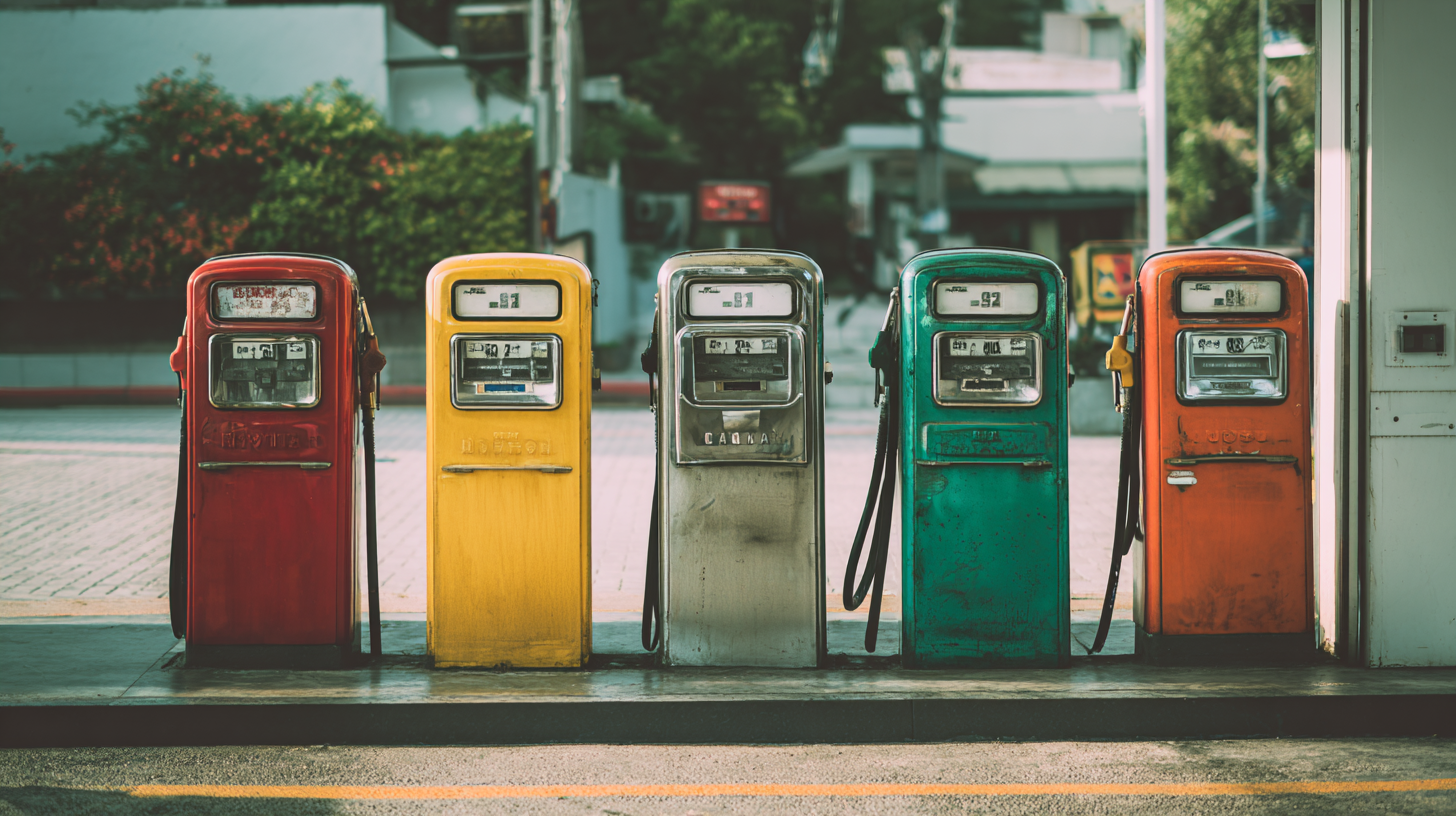
When choosing the best gas for your vehicle, understanding fuel types is crucial for maximizing performance and efficiency. Different types of gasoline are formulated with varying additives and octane ratings, which can significantly impact how well your engine performs. Regular unleaded fuel, typically with an octane rating of 87, is suitable for most standard vehicles, while premium gasoline, with a higher octane rating, is designed for high-performance cars that require more vigorous fuel combustion to avoid knocking and improve horsepower.
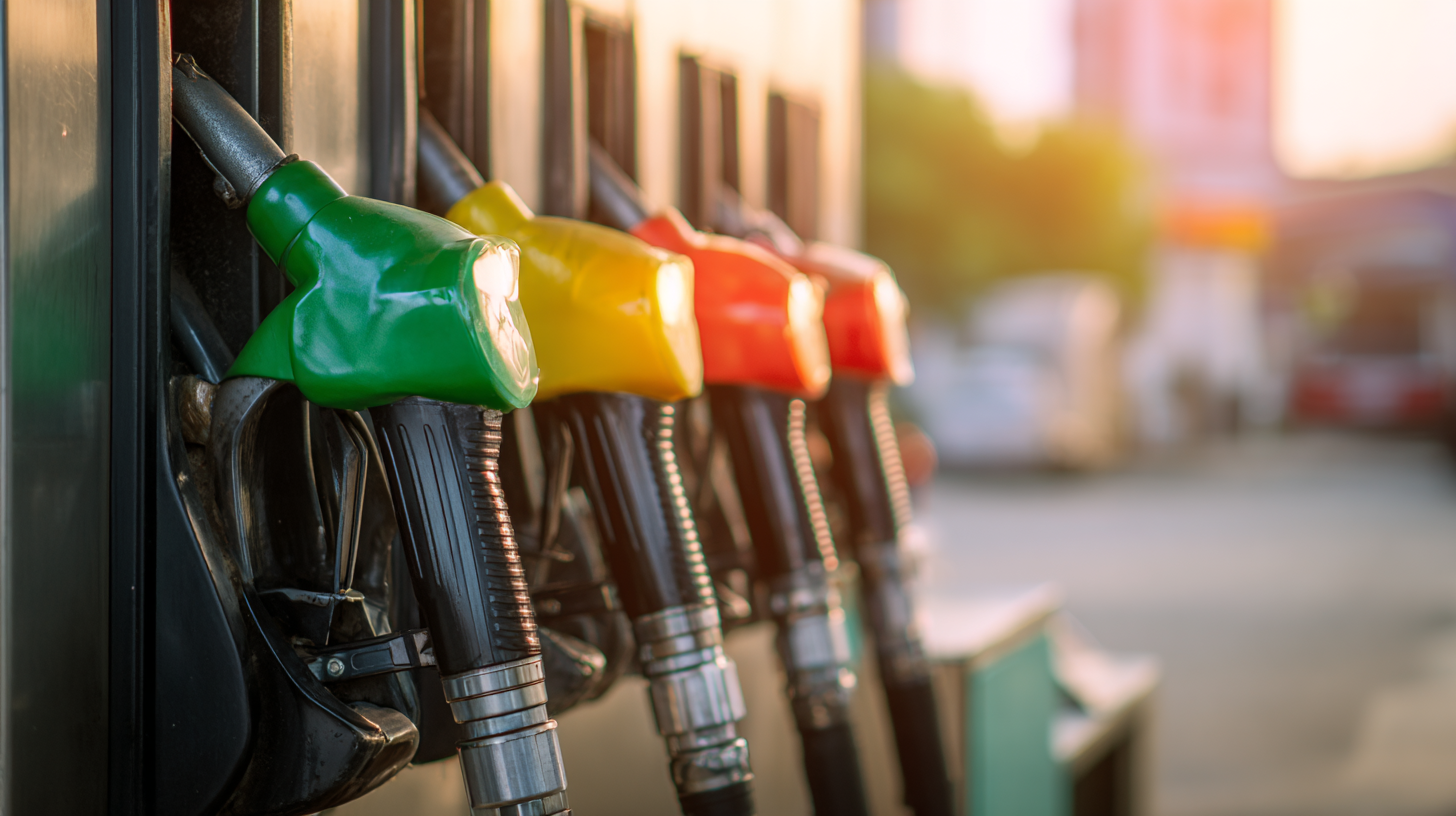
Moreover, it’s essential to consider alternative fuel options, such as ethanol blends or diesel, depending on your vehicle's engine specifications. Ethanol blends can sometimes offer environmental benefits and slight cost savings, but ensure your vehicle can handle them without risking engine damage. Always refer to your owner’s manual for the manufacturer's recommendations on the appropriate fuel type to use. By selecting the right gas, you can enhance not only the efficiency of your vehicle but also prolong the life of its engine.
When evaluating pump efficiency, it's crucial to consider several key features that can significantly enhance performance. First and foremost, the pump type plays an essential role. Various designs like mixed flow pumps or centrifugal pumps are tailored for different applications, influencing their operational efficiency. For instance, mixed flow pumps are preferred in environments where high flow rates and moderate head are required, making them suitable for pumping stations.
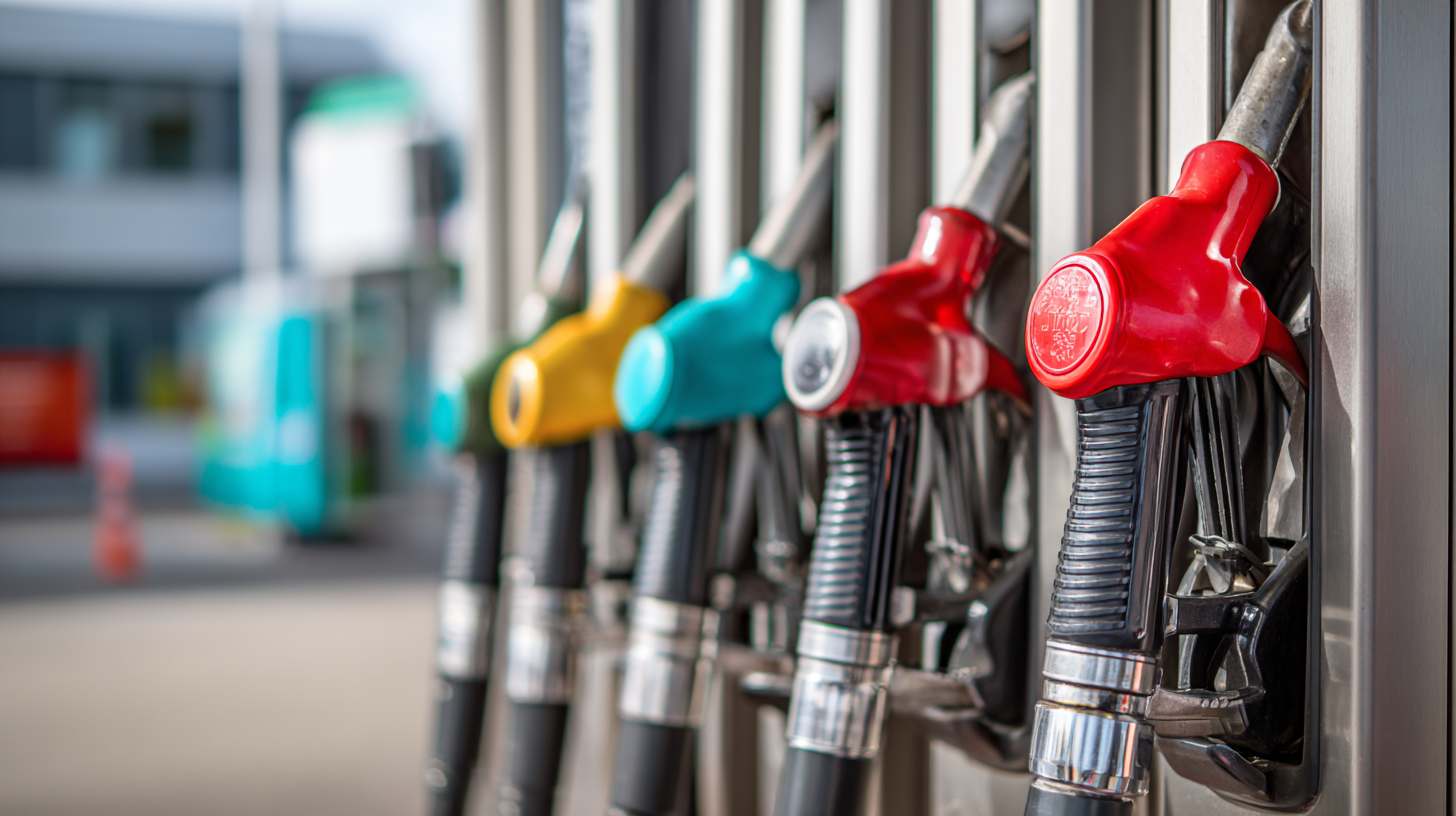
Another vital consideration is the thermal and economic performance of the pump. High-temperature heat pumps, for example, are becoming increasingly important in various applications, including upgrading district heating systems. These pumps not only provide efficient energy consumption but also help in addressing challenges related to heat production. Furthermore, routine maintenance is a must; energy-saving retrofits and regular assessments can significantly extend a pump's lifespan and efficiency. Understanding the characteristics and specific requirements of various pump types will ensure that you make an informed decision for optimal operational efficiency.
The advent of smart pumps has revolutionized the fueling experience, merging technology with efficiency. These innovative gas pumps are equipped with sensors and digital interfaces that provide real-time data to both consumers and service providers. This integration not only streamlines the fueling process but also significantly enhances fuel tracking and management. For instance, drivers can receive notifications on their smartphones about fuel prices, optimizing their refueling choices based on cost-effectiveness.
Moreover, smart pumps contribute to improved environmental sustainability. With features such as automatic fuel dispensing and leak detection systems, they minimize wastage and ensure safe handling of fuels. This technology not only maintains the integrity of the fuel but also reduces the risk of spills. As more gas stations adopt these advanced systems, consumers can expect a more efficient and eco-friendly fueling experience, demonstrating how technological innovations are shaping the future of fuel dispensing.
When using gas pumps, safety should always be a top priority. One of the most important precautions is to stay attentive and aware of your surroundings while refueling. Ensure that there are no open flames or smoking in the vicinity, as gasoline vapors are highly flammable. Additionally, check for any safety instructions or warning signs at the gas station to familiarize yourself with the specific protocols of that location.
Another essential safety measure involves proper handling of the fuel nozzle. Always make sure the nozzle is securely placed in the fuel tank before activating the pump to prevent spills. Wearing gloves when handling gasoline can also protect your skin from any harmful chemicals. Furthermore, if a spill does occur, follow the station's procedures for cleanup and report it to the staff immediately to prevent accidents for other customers. By adhering to these safety precautions, you can ensure a secure and efficient fueling experience.
| Tip | Description | Efficiency Boost (%) | Safety Precautions |
|---|---|---|---|
| Choose High-Quality Fuel | Opt for reputable fuel sources for better engine performance. | 10% | Always check the fuel octane rating. |
| Be Mindful of Timing | Fuel up during cooler times of the day to reduce vaporization losses. | 5% | Avoid refueling in high temperatures. |
| Regular Maintenance | Keep your vehicle in top shape to enhance fuel efficiency. | 15% | Check your oil and tire pressure regularly. |
| Monitor Fuel Consumption | Use apps to track your fuel usage and identify patterns. | 8% | Keep a record of your fuel purchases. |
| Utilize Fuel Rewards Programs | Join loyalty programs to save on future purchases. | 20% | Register for rewards in advance. |
When considering fuel purchasing, the balance between cost and convenience is crucial for both consumers and fleet operators. According to the American Petroleum Institute, a price difference of just five cents per gallon can lead to significant savings. For instance, if a driver purchases 15 gallons weekly, opting for a cheaper gas station could save approximately $39 annually—money that can be better spent elsewhere. However, convenience often comes at a premium. Research from the National Association of Convenience Stores highlights that 70% of consumers are willing to pay more for gas at stations that offer essential amenities like clean restrooms or quick service, suggesting that comfort can outweigh cost concerns for many drivers.
Moreover, fuel efficiency also plays a vital role in this equation. A report from the U.S. Department of Energy indicates that keeping tires properly inflated can improve fuel efficiency by 3%, while regular maintenance and driving habits can enhance it by an additional 10%. Thus, while it is tempting to solely chase lower gas prices, understanding how convenience and vehicle upkeep affect overall fuel costs is essential. Making informed choices about where and how to purchase fuel can ultimately lead to better savings and efficiency, maximizing the benefits for every vehicle owner.
